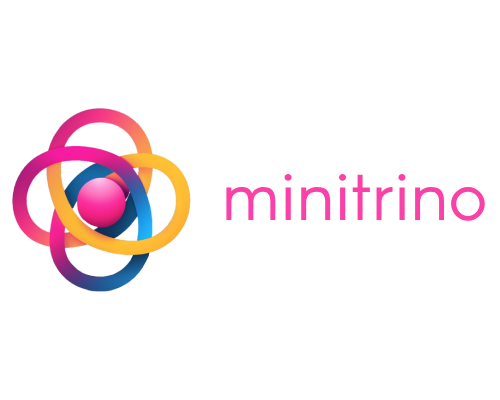Add-ons provide additional utilities and features to expand Trino as the core engine of your larger data platform and infrastructure. Add-ons also provide features to improve management and operation aspects with your Trino clusters.
Official add-ons #
The following add-ons are developed and maintained by the Trino community.

JMX #
Integration developed and maintained by the Trino community
Java Management Extensions (JMX) is a Java technology that supplies tools for managing and monitoring applications, system objects, devices (such as printers) and service-oriented networks. It defines a management architecture, design patterns, APIs, and services for building web-based, distributed, dynamic, and modular solutions to manage Java-enabled resources.
Trino exposes numerous metrics for JMX. The metrics can be inspected and monitored with external JMX application, and in Trino itself with SQL statements and the included JMX connector.

Kubernetes #
Integration developed and maintained by the Trino community
Trino is commonly deployed on the Kubernetes platform. Use the Docker container directly or with the Helm chart for your deployment. In addition, numerous vendors provide custom tooling to manage Trino with their specific products and integrations using Kubernetes.
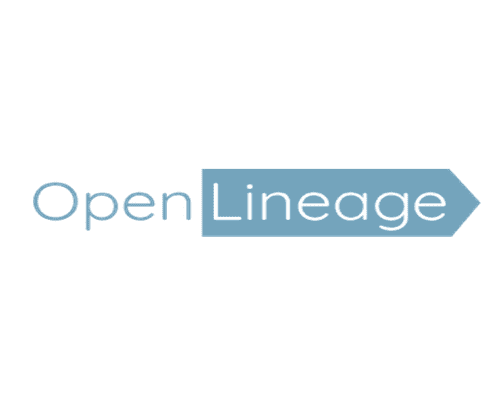
OpenLineage #
Integration developed and maintained by the Trino community
OpenLineage is an open source framework for data lineage collection and analysis. OpenLineage enables consistent collection of lineage metadata, creating a deeper understanding of how data is produced and used.
Using the OpenLineage event listener, you can see the end to end lineage of all data that are modified by Trino queries.

Open Policy Agent #
Integration developed and maintained by the Trino community
Open Policy Agent (OPA) is a system for policy-based control for cloud native environments. It enables flexible, fine-grained control for administrators across many systems and applications.
The Trino plugin enables the use of Open Policy Agent (OPA) as authorization engine for access control to catalogs, schemas, tables, and other objects in Trino. Policies are defined in OPA, and Trino checks access control privileges in OPA.
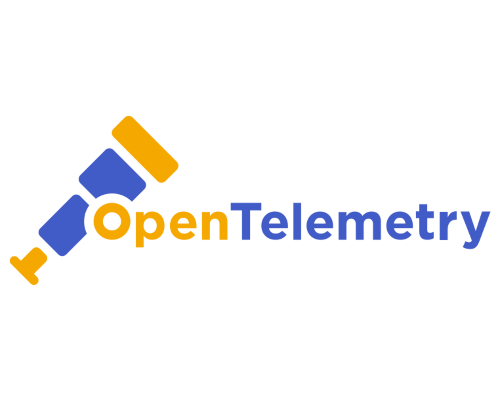
OpenTelemetry #
Integration developed and maintained by the Trino community
OpenTelemetry is a widely-used collection of APIs, SDKs, and tools that instrument, generate, collect, and export telemetry data such as metrics, logs, and traces to help you analyze application performance and behavior.
Trino exposes tracing information for observability of a running Trino deployment.

Trino Gateway #
Integration developed and maintained by the Trino community
Trino Gateway is a load balancer, proxy server, and configurable routing gateway for multiple Trino clusters. Users can register/de-register Trino clusters behind the gateway and connect to it using standard clients.
Other add-ons #
The following add-ons are developed and maintained by other communities and vendors.
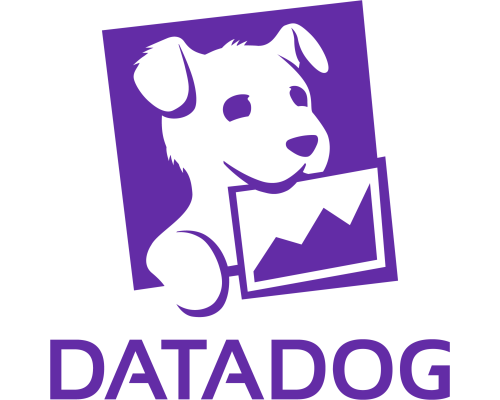
Datadog #
The Datadog integration allows the observability service for cloud-scale applications to monitor your Trino cluster. It accesses the JMX metrics provided by Trino, and exposes them in Datadog for monitoring, inspection, and troubleshooting purposes.

Gurubase #
Gurubase is an AI-based learning assistant designed to answer your questions. It includes Trino Guru, which generates answers using data from the official Trino documentation.

jOOQ #
jOOQ stands for jOOQ Object Oriented Querying (jOOQ). It generates Java code from your database, and lets you build type safe SQL queries through its fluent API.
All editions of jOOQ since the 3.19 release include support for Trino. The level of support depends on the used catalog and connector, and further Trino-specific enhancements are in progress.
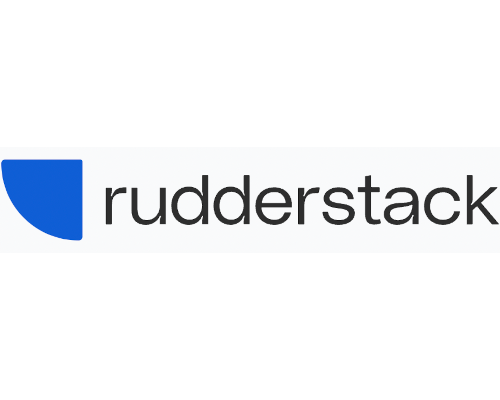
RudderStack #
RudderStack provides a reverse ETL pipeline that supports Trino as a source. This integration makes it easy to sync data from Trino to over 200 destinations so every team can use it to drive better business outcomes. The integration supports warehouse-based diffing, making it the most performant reverse ETL solution for Trino.

SQL Formatter #
SQL Formatter is a JavaScript library for pretty-printing SQL queries. It supports Trino and can be used as library for web applications, as command line tool, and with the live demo deployment. The project is also used for VS Code and vim extensions.
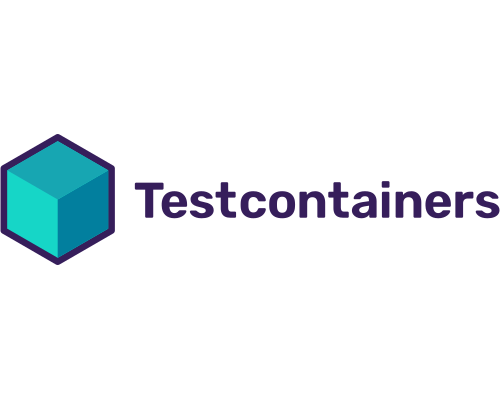
Testcontainers #
Testcontainers is an open source framework for providing throwaway, lightweight instances of databases, message brokers, web browsers, or just about anything that can run in a Docker container.
Use the Trino module in your integration tests and other scenarios.
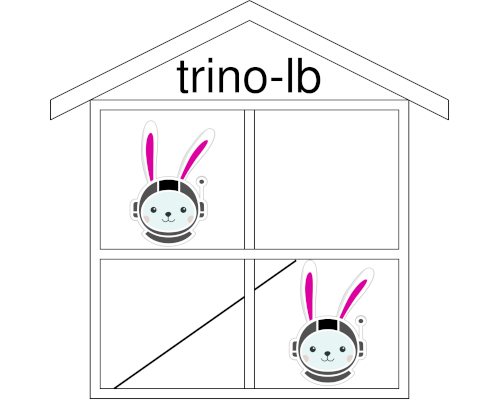
Trino-lb #
Trino-lb is a load balancer with support for routing, queueing, and auto-scaling for multiple Trino clusters.
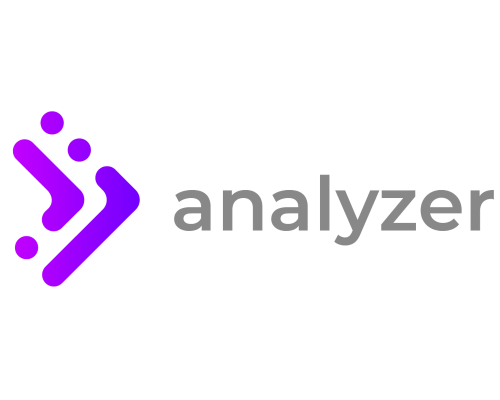
Workload Analyzer #
The Workload Analyzer collects Trino workload statistics, and analyzes them. The resulting report provides improved visibility into your analytical workloads, and enables cluster performance optimization.
